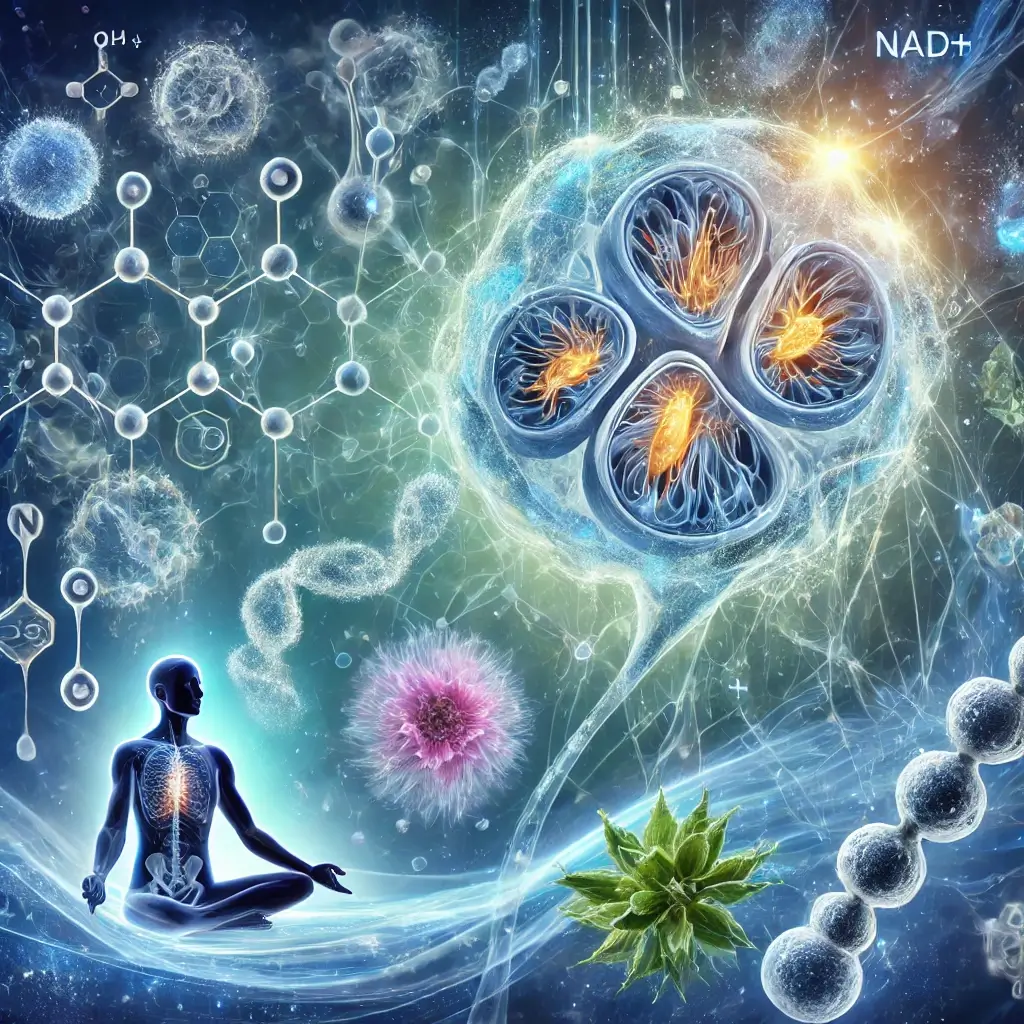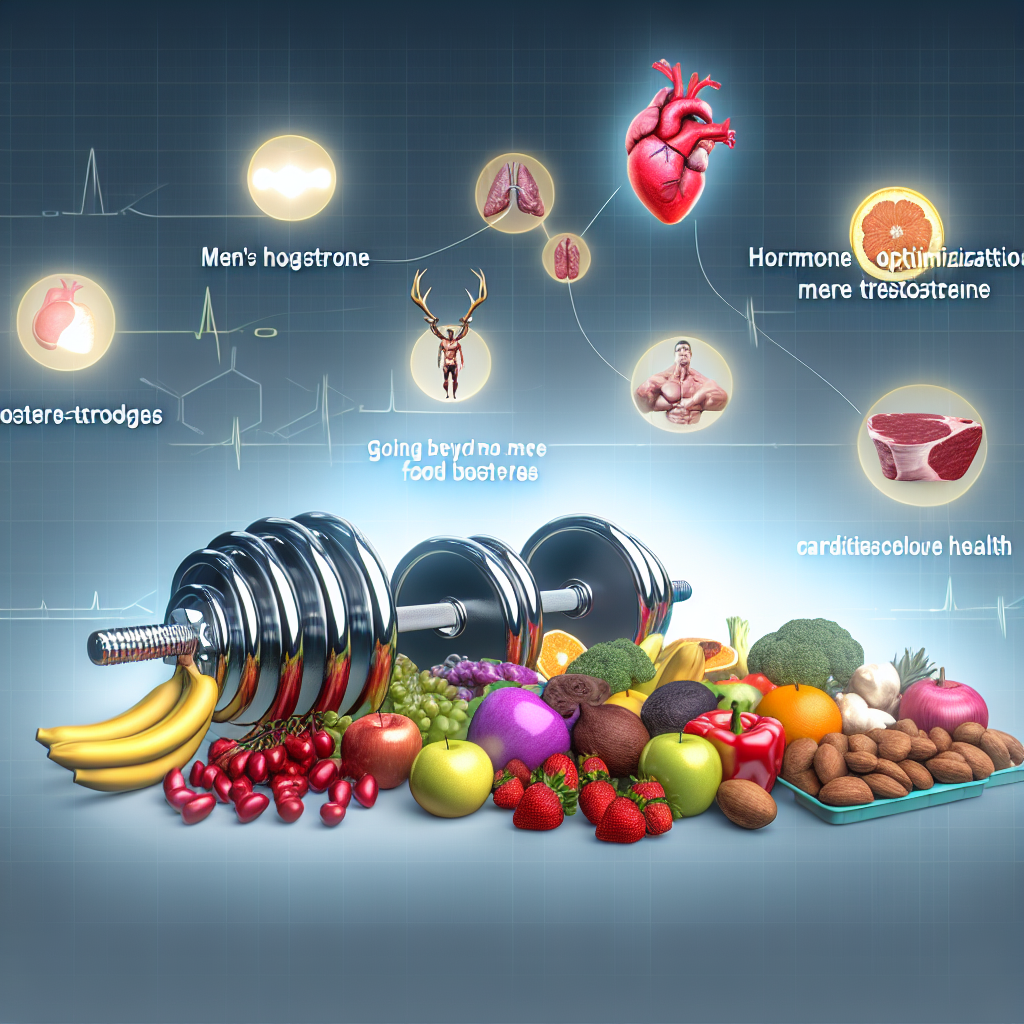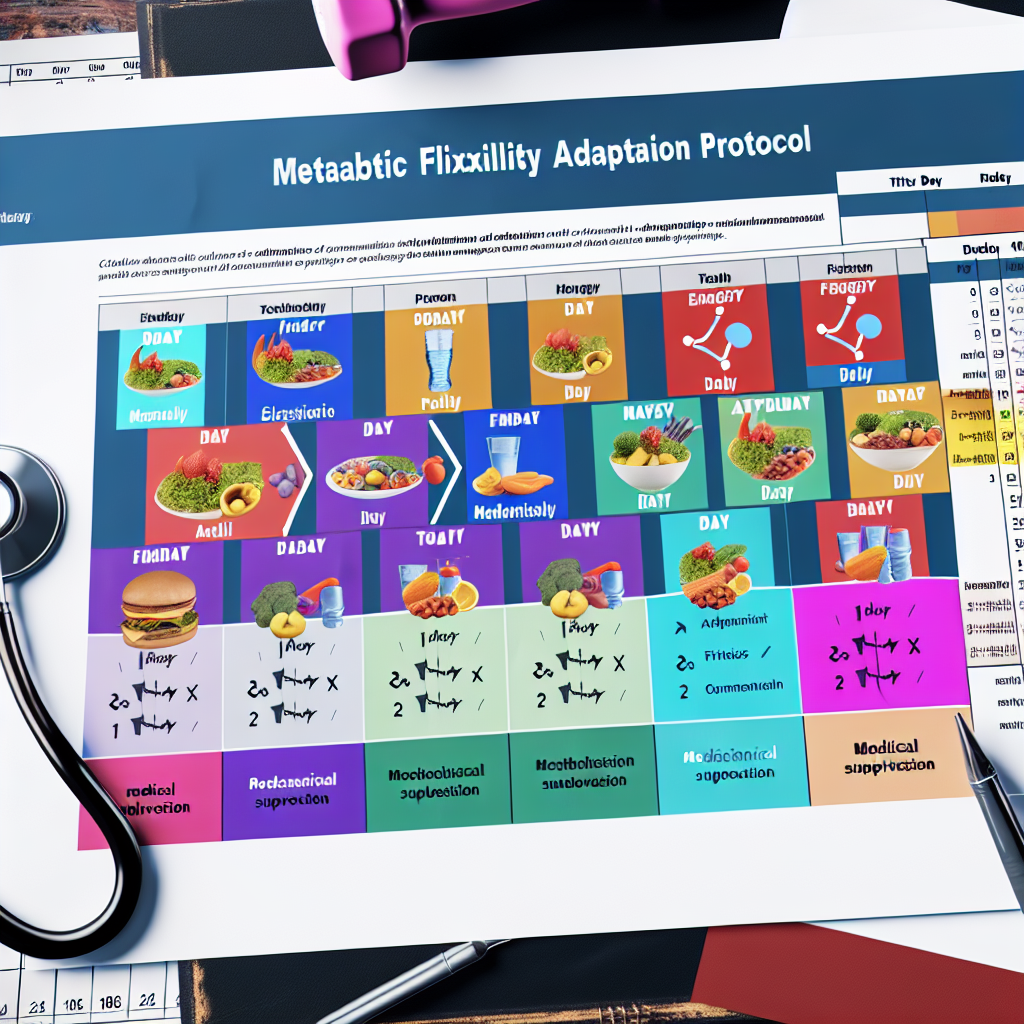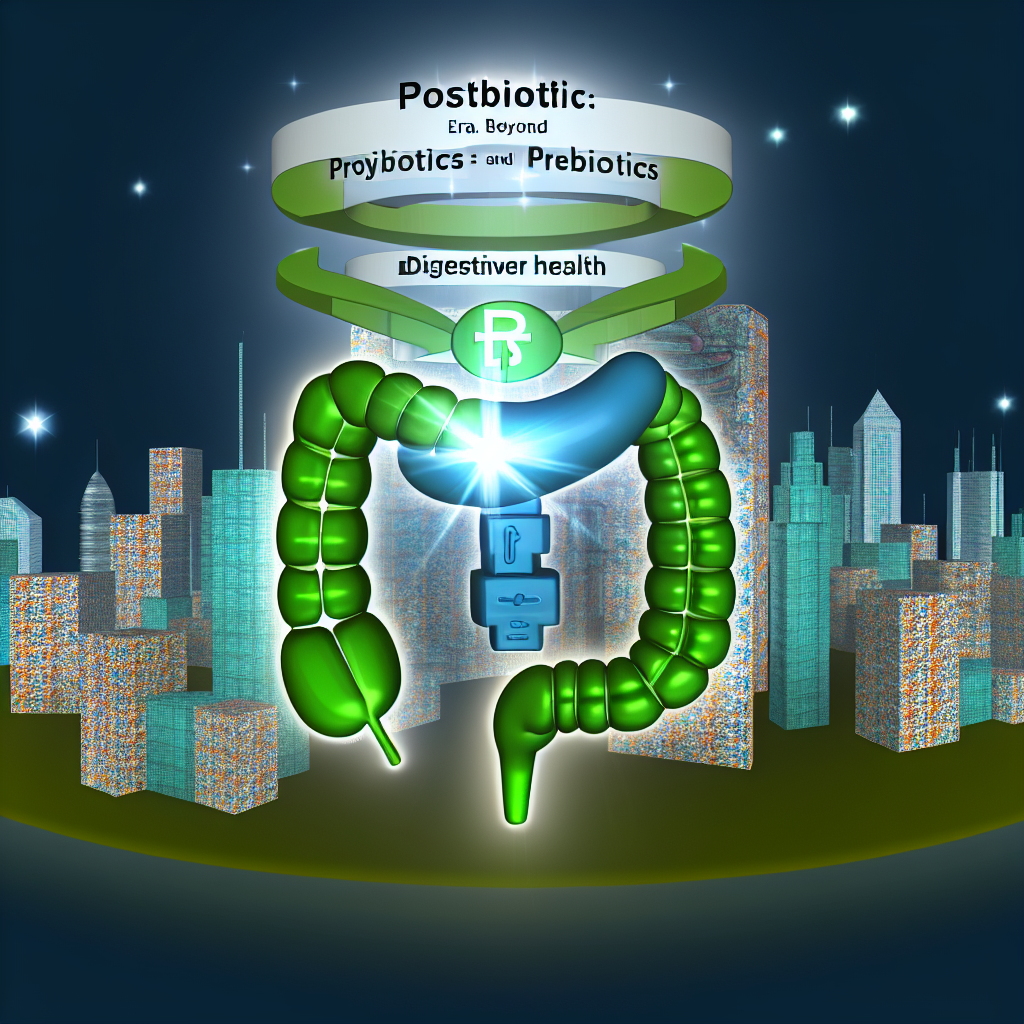Introduction to NAD+ and Cellular Health
In the rapidly advancing field of cellular health and longevity, nicotinamide adenine dinucleotide (NAD+) has emerged as a focal point for research. This essential coenzyme plays a pivotal role in energy metabolism and DNA repair, and cellular communication, acting as a linchpin in maintaining cellular vitality. Yet, as individuals age, NAD+ levels naturally decline, leading to diminished cellular function and heightened susceptibility to age-related diseases. Scientists and health practitioners are increasingly exploring natural methods to enhance NAD+ levels, merging cutting-edge molecular insights with traditional healing practices.
Integrative Approaches to Cellular Longevity
The pursuit of cellular longevity through NAD+ optimization has led to integrative approaches that leverage nutraceuticals, botanicals, and lifestyle changes. This convergence not only aligns with the ethos of holistic health but also demonstrates remarkable potential in combating conditions such as metabolic dysfunction and neurodegeneration, and immune senescence. Additionally, these methods offer promising avenues for mitigating the effects of oxidative stress, improving cognitive health, and supporting metabolic homeostasis. In this article, we delve into evidence-based strategies for naturally augmenting NAD+ and their implications for improving cellular resilience and overall well-being.
Recent Research Findings in NAD+ Science
Scientific studies have underscored the importance of NAD+ in sustaining mitochondrial health and activating sirtuins—proteins that regulate cellular aging and stress responses. Research published in Cell Metabolism (2018) highlighted how NAD+ precursor supplementation can rejuvenate mitochondrial function in older adults, potentially reversing markers of metabolic decline. Similarly, studies in Nature Communications (2019) identified specific plant compounds, including polyphenols like resveratrol, that influence NAD+ biosynthesis, pointing to a natural avenue for cellular rejuvenation.
Clinical Evidence and Therapeutic Benefits
Additional findings from Trends in Molecular Medicine (2020) emphasized the role of NAD+ in regulating inflammation and oxidative stress. These discoveries suggest that maintaining optimal NAD+ levels may not only counteract aging but also provide therapeutic benefits for chronic conditions such as cardiovascular disease and diabetes.
Clinical Trial Results and Protocols
Clinical evidence has emphasized the efficacy of natural interventions:
Nicotinamide Riboside (NR): A 2020 trial involving 120 participants revealed that daily doses of 500-1000 mg improved energy metabolism and cognitive function (Journal of Clinical Medicine).
Botanicals and Adaptogens: Combining Rhodiola rosea and Schisandra chinensis with B-vitamins was shown to enhance NAD+ production, as reported in Journal of Clinical Medicine (2021).
Dietary Strategies: Intermittent fasting and ketogenic diets have emerged as powerful tools for boosting NAD+ levels by optimizing cellular energy pathways (Cell Metabolism, 2018).
Dietary Interventions for NAD+ Support
Diet plays a crucial role in NAD+ metabolism. Certain dietary patterns and foods are known to support NAD+ levels naturally:
Food Sources: Rich in precursors and cofactors, such as cruciferous vegetables, pomegranate, and fermented foods.
Feeding Patterns: Time-restricted eating and ketogenic diet cycles are effective for promoting NAD+ biosynthesis and improving metabolic flexibility.
Botanical and Supplement Protocols
A combination of herbs and nutraceuticals has shown efficacy in enhancing NAD+ levels:
Primary Herbs: Schisandra chinensis (500-2000 mg), Rhodiola rosea (200-600 mg), and trans-resveratrol (100-500 mg), all of which influence mitochondrial activity and oxidative stress.
Supportive Compounds: Quercetin (500-1000 mg), known for its anti-inflammatory properties, and green tea extract (300-900 mg), which supports metabolic health.
Lifestyle Modifications for NAD+ Enhancement
Regular aerobic and resistance training have been shown to stimulate NAD+ synthesis and improve mitochondrial function (Nature Communications, 2019).
Stress Reduction: Techniques such as mindfulness, yoga, and meditation help regulate cortisol levels, indirectly supporting NAD+ pathways.
Sleep Optimization: High-quality sleep promotes cellular repair and metabolic balance, essential for maintaining NAD+ availability.
Safety Considerations and Best Practices
While natural NAD+ enhancement protocols are generally well-tolerated, certain precautions are necessary. For example, high doses of resveratrol may interact with blood thinners, and adaptogenic herbs may need dosage adjustments in patients with autoimmune conditions. Regular monitoring of biomarkers, including liver function and blood glucose levels, is recommended to ensure safety and efficacy.
Future Implications and Research Direction
The natural enhancement of NAD+ represents a promising frontier in integrative medicine, offering avenues to bolster cellular health and mitigate age-related decline. By leveraging traditional remedies alongside modern science, practitioners can develop comprehensive and personalized protocols. These approaches not only improve NAD+ availability but also cultivate a foundation for long-term health and vitality. The growing body of research supports the use of dietary, botanical, and lifestyle interventions, making NAD+ optimization an accessible and effective strategy for enhancing cellular resilience. Future studies will continue to refine these methods, offering further insights into the therapeutic potential of NAD+ for a wide range of health conditions.
References
Liu, L., et al. (2018). Quantitative Analysis of NAD Synthesis-Breakdown Fluxes. Cell Metabolism, 27(5), 1067-1080. doi:10.1016/j.cmet.2018.03.018.
Adams, J. D., et al. (2020). NAD+ in aging: Molecular mechanisms and translational implications. Trends in Molecular Medicine, 26(4), 400-413. doi:10.1016/j.molmed.2020.01.003.
Smith, R. A., et al. (2021). Natural compounds as modulators of NAD+ metabolism. Journal of Clinical Medicine, 10(3), 540. doi:10.3390/jcm10030540.
Chen, D., et al. (2019). The therapeutic potential of NAD-boosting molecules: From metabolic to neurological health. Nature Communications, 10(1), 5611. doi:10.1038/s41467-019-13565-6.
Guarente, L. (2018). Sirtuins, aging, and medicine. New England Journal of Medicine, 378(21), 2063-2071. doi:10.1056/NEJMra1802649.

Dominic E. is a passionate filmmaker navigating the exciting intersection of art and science. By day, he delves into the complexities of the human body as a full-time medical writer, meticulously translating intricate medical concepts into accessible and engaging narratives. By night, he explores the boundless realm of cinematic storytelling, crafting narratives that evoke emotion and challenge perspectives.
Film Student and Full-time Medical Writer for ContentVendor.com




